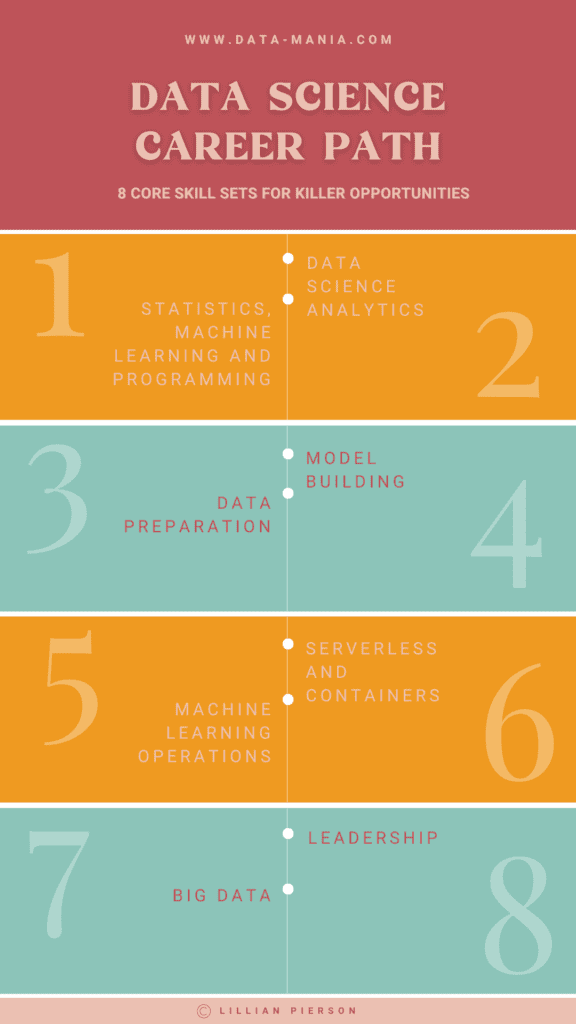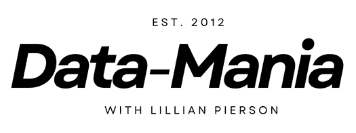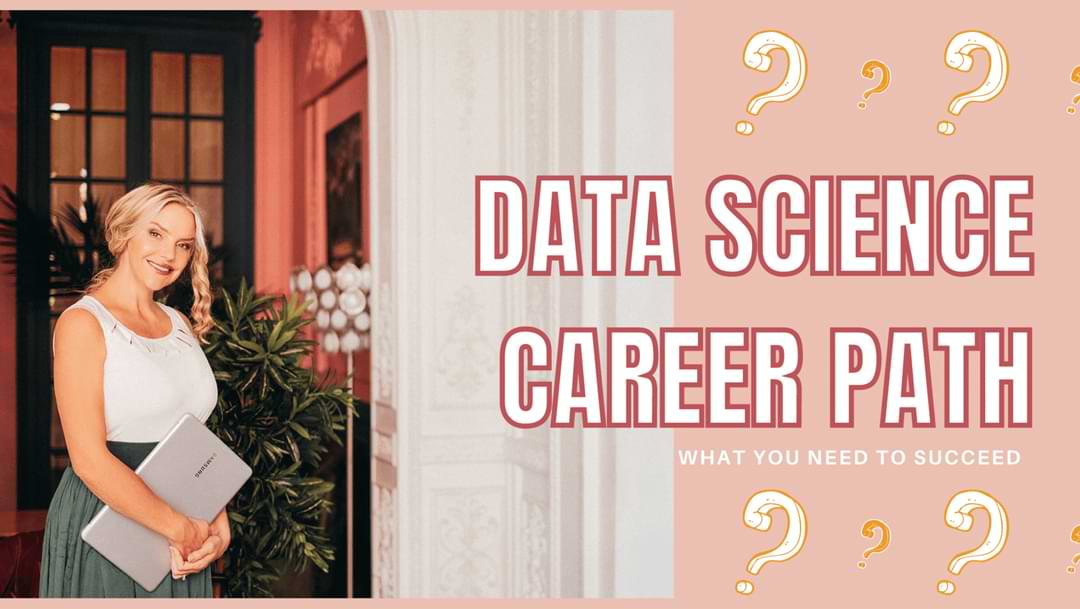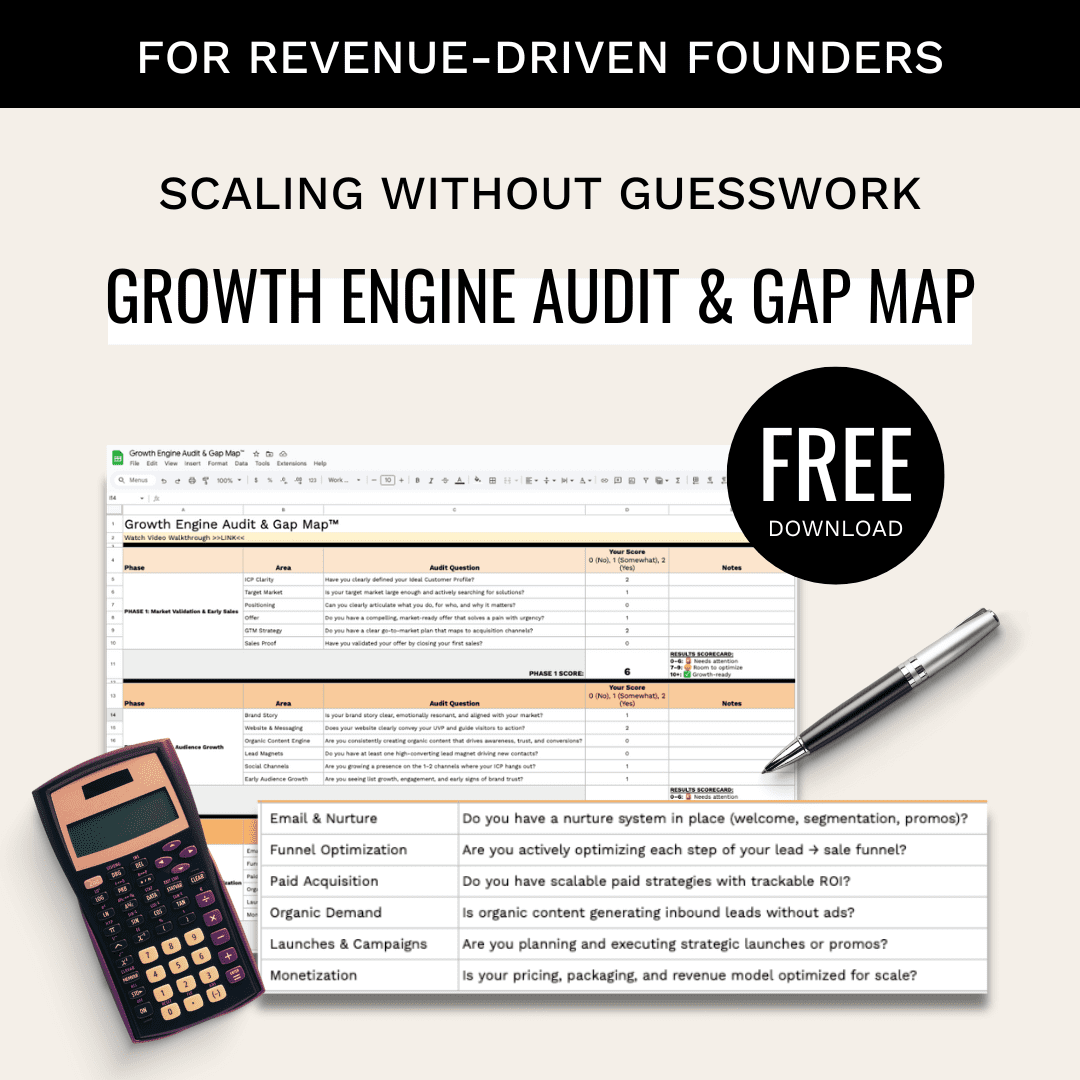In today’s digital world, organizations continuously look for ways to turn their data into insights that improve business performance and revenue. To achieve this goal, organizations hire data scientists, who use their knowledge in business, math, statistics, and computer science to leverage big data. They typically need to build statistical models, train algorithms, and present actionable insights as visualizations. Read on to learn all about the data science career path, what are the key skills needed to succeed in a data science role, and where your career path will take you as a data scientist—from junior roles to data science director.
If you prefer to read instead of watch then, read on…

In this article, you will learn:
- Data Science Skill Set
- Statistics, Machine Learning and Programming
- Data Science Analytics
- Data Preparation
- Model Building
- Machine Learning Operations
- Serverless and Containers
- Big Data
- Leadership and Professional Development
- Data Scientist Career Path
- Junior Data Scientist
- Senior Data Scientist
- AI Engineer
- Data Science Manager, Architect, or Director
Data Science Skill Set
The following skills are important for the development of a data scientist. While not all are mandatory, learning as many as possible of these skills will be important for advancing your career path.
Statistics, Machine Learning and Programming
The basis of a data scientist’s knowledge is a good grasp of statistical concepts and machine learning models. These are the basic constructs through which a data scientist delivers insights. Beyond that, a data scientist must be proficient in at least one programming language. The most commonly used today is Python, but some data scientists use other languages like R, Java, or Node.js.
Data Science Analytics
A data scientist should be able to define a business question, create a hypothesis, plan how to use analysis methods to test that hypothesis, and create a plan for executing the hypothesis using available datasets.
Data Preparation
Although it’s not fun, most of a data scientist’s time is spent preparing data for analysis. Data scientists must be able to:
- Identify and collect necessary data
- Process, transform, and clean data to make it effective for analysis
- Handle data anomalies, for example missing values, outliers, and normalization
Model Building
This step is at the heart of the data science practice. Data scientists train models using a variety of algorithms, and choose the best algorithm for the task at hand. They should be able to:
- Understand and use multiple modeling technologies and patterns
- Have a solid grasp of model validation and testing
- Combine different methods to derive insights from data
Machine Learning Operations
Machine learning operations (MLops) is a work method inspired by modern development practices, which enables data scientists to communicate better with DevOps, to create a streamlined workflow for machine learning development. This includes automation of processes like data ingestion, training and deployment in production.
Data scientists must understand MLOps concepts and use these systems to enable efficient development and deploy their models to production.
Serverless and Containers
A common way to simplify data science development is to process data and train models using cloud-native technologies—primarily serverless and containerized applications.
Serverless functions provide a well-defined runtime environment that includes code, package dependencies, machine learning models, and runtime configuration. It enables consistent and repeatable results, and does not require setting up server infrastructure. One of the most commonly used serverless environments is the AWS serverless ecosystem.
Container frameworks like Docker offer many benefits to data scientists. They allow packaging an analysis in the form of a container, making it easy to share and reuse experiments and models. It also enables automation via infrastructure as code (IaC) techniques, by defining machine learning workflows as simple configuration files.
Big Data
The majority of organizations deal with massive amounts of unstructured and structured data. It is typically the responsibility of the data scientist to handle big data operations. This typically involves preparing the data, working with multiple data sources, understanding the data ecosystem and its components. A data scientist will typically use a big data platform, like Spark and Hadoop, when working on these tasks.
Leadership and Professional Development
Data scientists should have good problem solving and data strategy skills. In order to perform well in their roles, they need to understand an opportunity before they implement a solution. They are often required to provide complete and clear explanations of their findings. To do this, they need to know how to analyze business risks, how to improve business and information technology (IT) processes across the organization.
What’s your plan? Get the Data Strategy Action Plan today.
Data Scientist Career Path
The typical path of a data scientist often starts with a junior position, followed by opportunities such as a senior data scientist role, an artificial intelligence (AI) engineer role, as well as data science manager, architect, and director roles.
Junior Data Scientist
A junior or associate data scientist typically works as part of a bigger team. This role typically performs tasks such as refactoring existing models, debugging, and testing new ideas. The main responsibility involves improving code quality and impact.
Junior data scientists typically need to be proficient in several programming languages, including Java, Python, R, SQL, and MySQL. This role also requires knowledge in applied mathematics and statistics, as well as computer science, data analytics, machine learning, and IT. Good communication skills are also important for junior data scientists joining a team.
Senior Data Scientist
The main responsibility of senior data scientists is to build well-architected products. They are expected to write reusable code and models while avoiding logical flaws. Next, they should know how to build resilient data pipelines in various environments, including hybrid clouds, and immaculately preparing data regardless of the source. Lastly, they are also expected to properly mentor associates and clearly communicate with high level executives.
AI Engineer
Since data scientists work with massive amounts of data, they are often required to leverage machine learning and artificial intelligence technologies. This typically involves designing, creating, testing, and deploying models in various environments. The models are often used to monitor, log, and visualize data in a quick and efficient manner.
Data Science Manager, Architect, or Director
A data science manager, architect, or director are typically hired for the purpose of leading a data science team. Ultimately, they’re the head honchos on the data science career path. They are responsible for setting the strategy, priorities and objectives of projects and team, provide guidance as leaders, and communicate any findings to higher management. This role requires leadership skills, as well as the ability to oversee the overall strategic data analysis.
What’s your plan? Get the Data Strategy Action Plan today.
Conclusion
Data science is one of the most compelling and best paying roles in the 21st century. However, it takes a lot to become a good data scientist – from mathematical and programming skills, to a good understanding of business problems, an analytical mindset, and a penchant for storytelling. For additional perspective on the data science career path, be sure to check out this comprehensive guide on starting a career in data science. We hope our overview has helped shed some light on what you need to learn to become a valued addition to a data science team, and what to expect along your journey.





